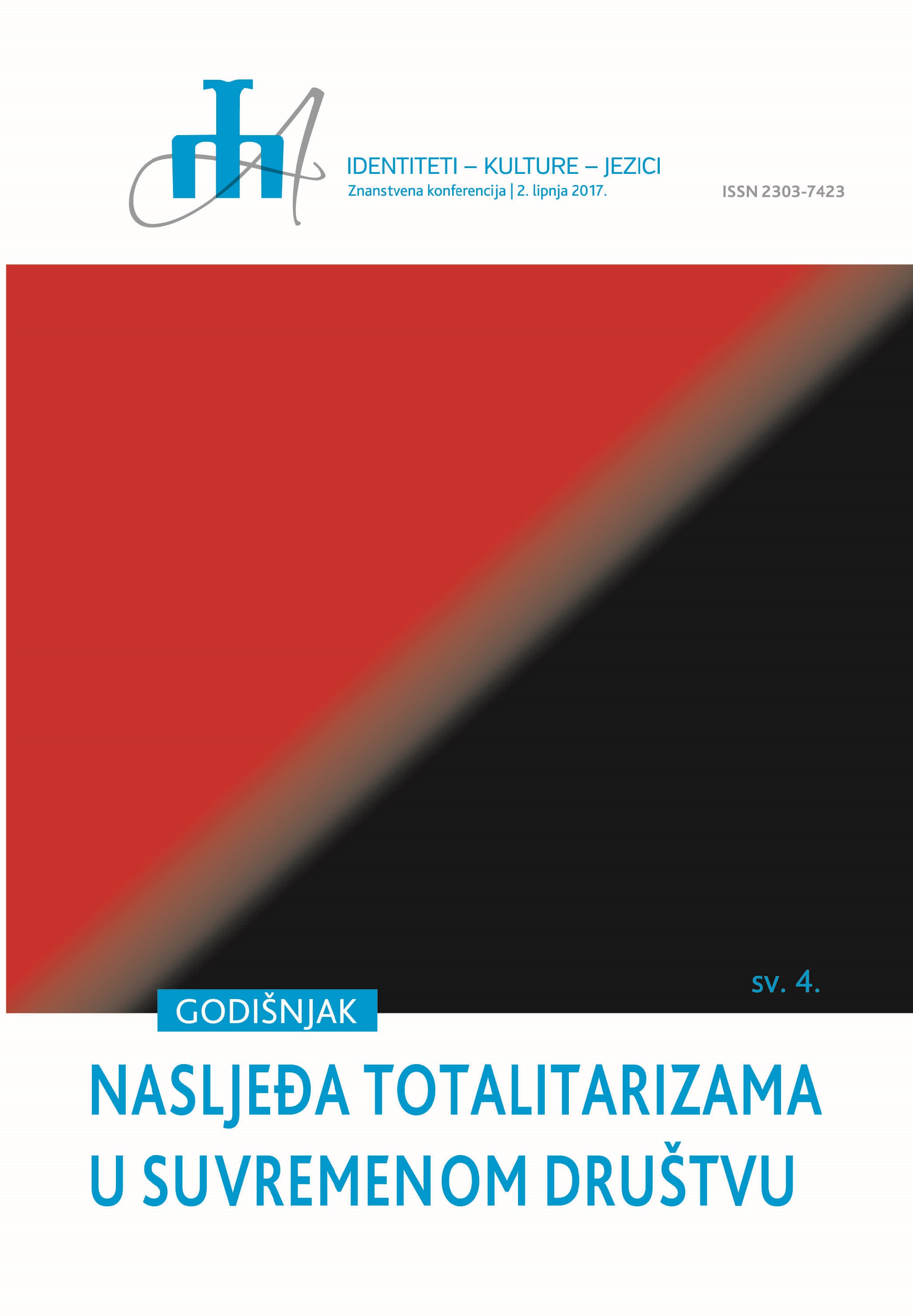Postkomunistička tranzicija i demokratska konsolidacija: uzročna analiza neuspjeha konsolidacije demokracije u Bosni i Hercegovini
Post-communist transition and democratic consolidation: a causal analysis of failure of consolidation of democracy in Bosnia and Herzegovina
Author(s): Gordana Iličić, Ivan VukadinSubject(s): Comparative politics, Post-Communist Transformation
Published by: Filozofski fakultet Sveučilišta u Mostaru
Keywords: Bosnia and Herzegovina; democratisation; democracy; post-communist transition;
Summary/Abstract: The problem of post-communist transitional processes is distinguished by its complexity from the rest of the changes within the third wave of democratisation in general, while the transition in Bosnia and Herzegovina is differentiated by its uniqueness from other post-communist transitional processes. Along with the problems of the creation of the state, democratisation and the transformation of the economic system, which were common to all post-communist states, Bosnia and Herzegovina has faced with a deep inner problem of a divided post-war society and subsequently with the different seeing of institutional format of the political system by the three national political elites and international actors, which has become the key barrier for the consolidation of democracy.
Journal: Identiteti - Kulture - Jezici
- Issue Year: 4/2018
- Issue No: 1
- Page Range: 71-87
- Page Count: 17
- Language: Croatian

